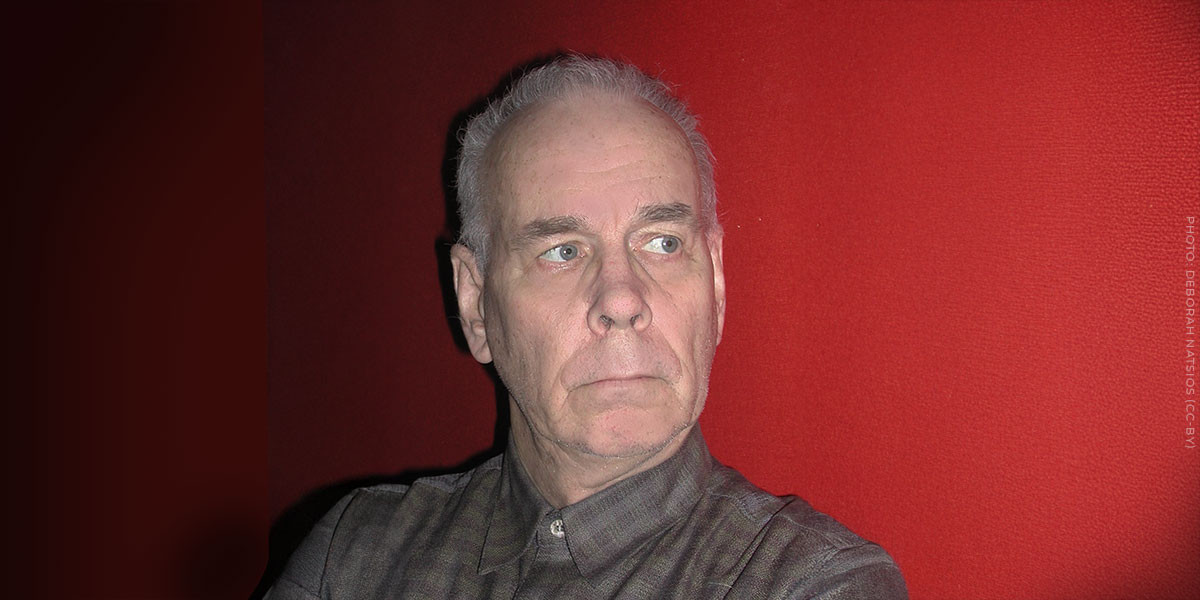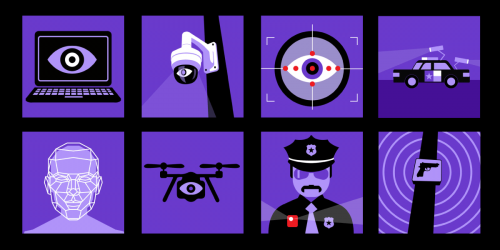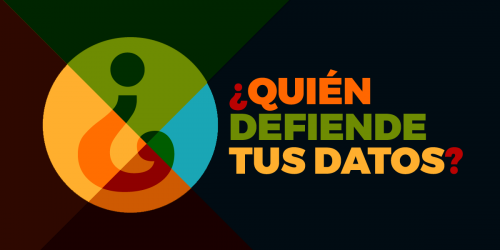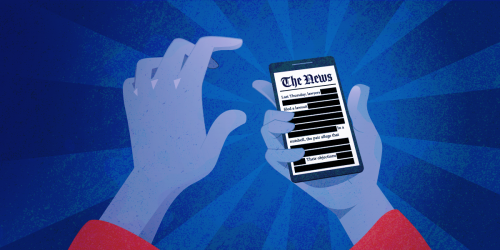John L. Young, who died March 28 at age 89 in New York City, was among the first people to see the need for an online library of official secrets, a place where the public could find out things that governments and corporations didn’t want them to know. He made real the idea – revolutionary in its time – that the internet could make more information available to more people than ever before.
John and architect Deborah Natsios, his wife, in 1996 founded Cryptome, an online library which collects and publishes data about freedom of expression, privacy, cryptography, dual-use technologies, national security, intelligence, and government secrecy. Its slogan: “The greatest threat to democracy is official secrecy which favors a few over the many.” And its invitation: “We welcome documents for publication that are prohibited by governments worldwide.”
Cryptome soon became known for publishing an encyclopedic array of government, court, and corporate documents. Cryptome assembled an indispensable, almost daily chronicle of the ‘crypto wars’ of the 1990s – when the first generation of internet lawyers and activists recognized the need to free up encryption from government control and undertook litigation, public activism and legislative steps to do so. Cryptome became required reading for anyone looking for information about that early fight, as well as many others.
John and Cryptome were also among the early organizers and sponsors of WikiLeaks, though like many others, he later broke with that organization over what he saw as its monetization. Cryptome later published Wikileaks’ alleged internal emails. Transparency was the core of everything John stood for.
John was one of the early, under-recognized heroes of the digital age.
John was a West Texan by birth and an architect by training and trade. Even before he launched the website, his lifelong pursuit of not-for-profit, public-good ideals led him to seek access to documents about shadowy public development entities that seemed to ignore public safety, health, and welfare. As the digital age dawned, this expertise in and passion for exposing secrets evolved into Cryptome with John its chief information architect, designing and building a real-time archive of seminal debates shaping cyberspace’s evolving information infrastructures.
The FBI and Secret Service tried to chill his activities. Big Tech companies like Microsoft tried to bully him into pulling documents off the internet. But through it all, John remained a steadfast if iconoclastic librarian without fear or favor.
John served in the United States Army Corps of Engineers in Germany (1953–1956) and earned degrees in philosophy and architecture from Rice University (1957–1963) and his graduate degree in architecture from Columbia University in 1969. A self-identified radical, he became an activist and helped create the community service group Urban Deadline, where his fellow student-activists initially suspected him of being a police spy. Urban Deadline went on to receive citations from the Citizens Union of the City of New York and the New York City Council.
John was one of the early, under-recognized heroes of the digital age. He not only saw the promise of digital technology to help democratize access to information, he brought that idea into being and nurtured it for many years. We will miss him and his unswerving commitment to the public’s right to know.










